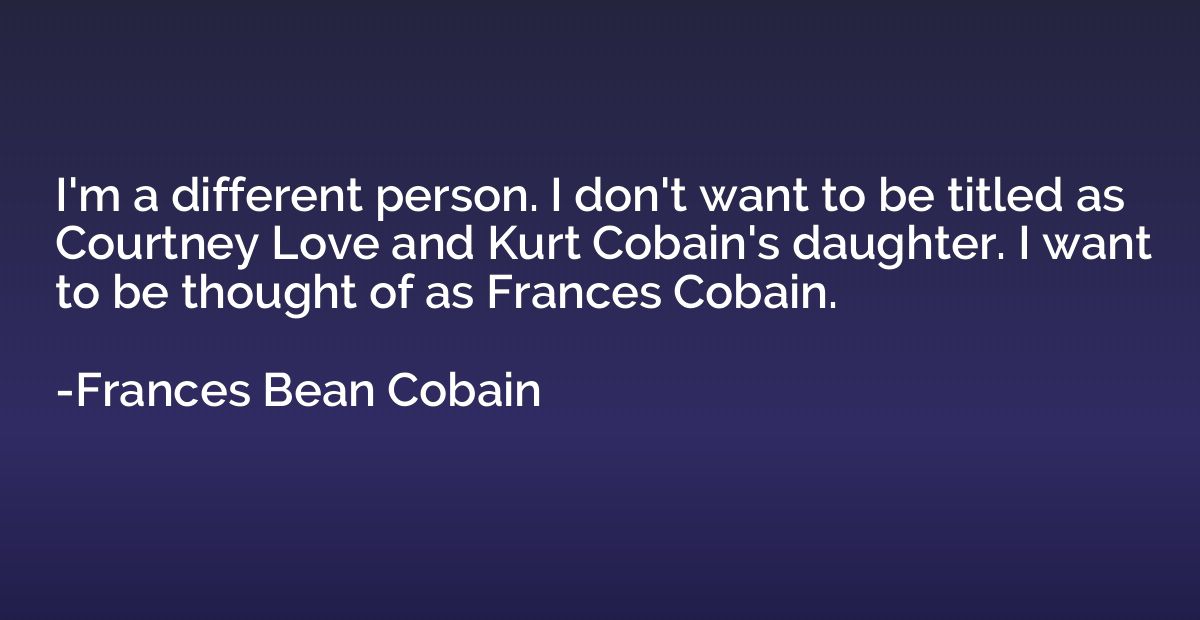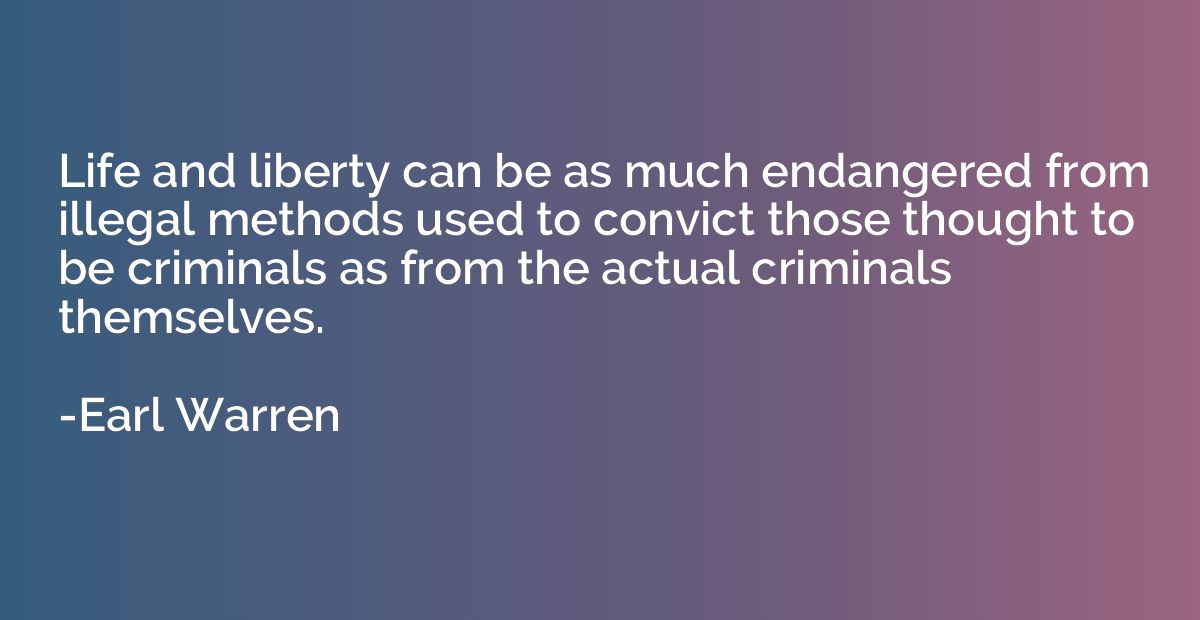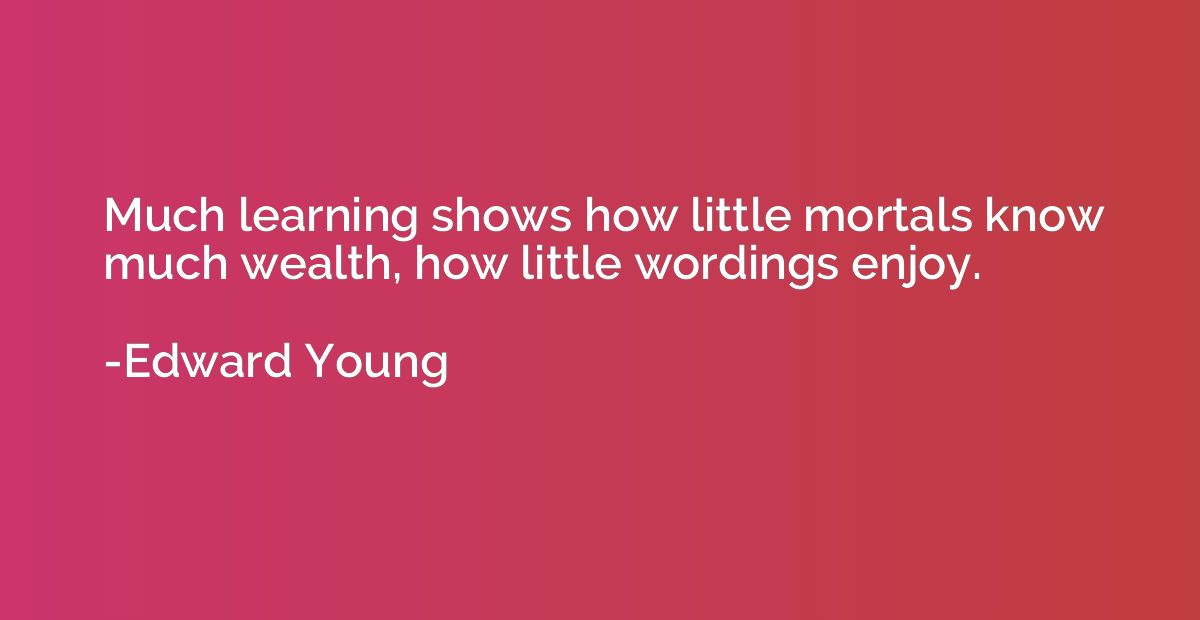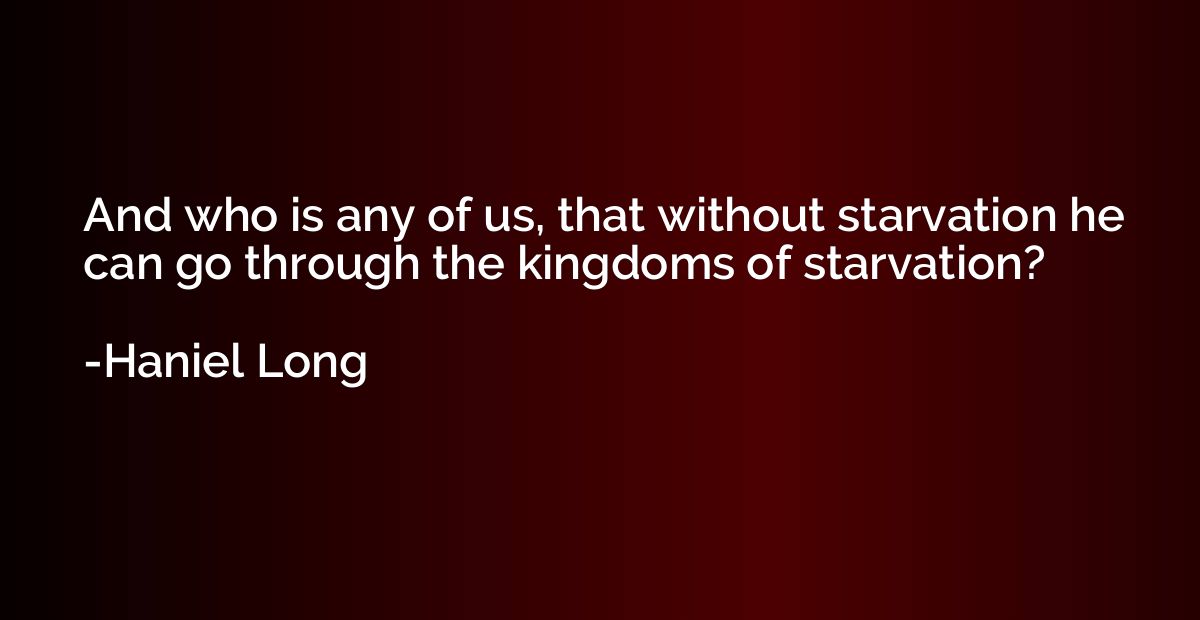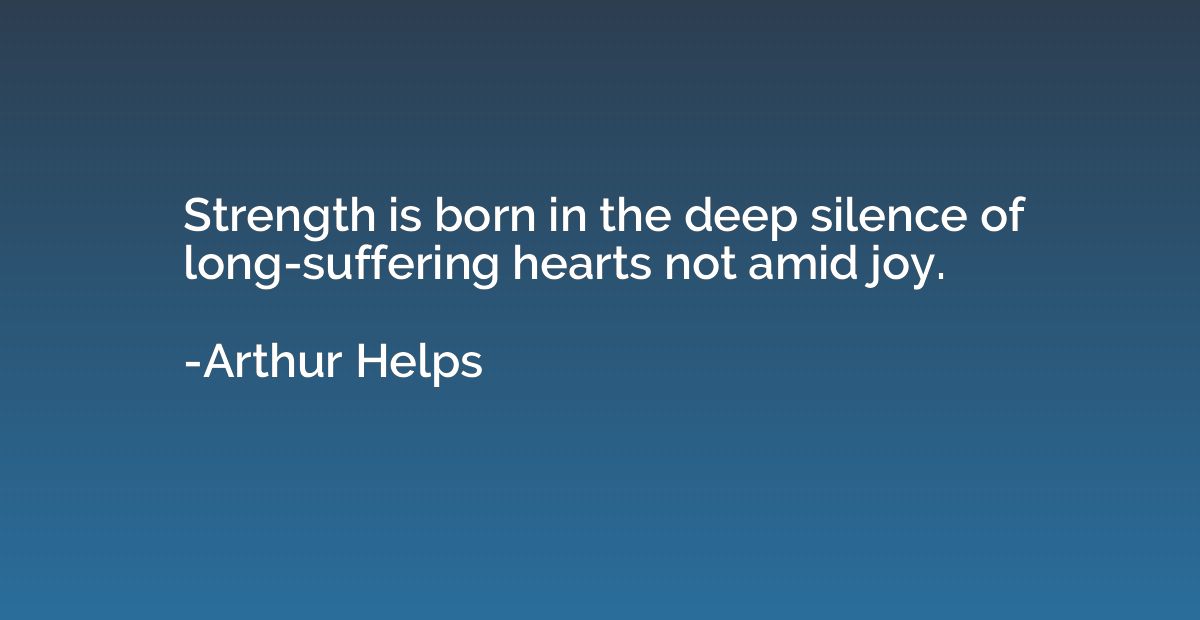Quote by Henry Louis Mencken
The smallest atom of truth represents some man's bitter toil and agony; for every ponderable chunk of it there is a brave truth-seeker's grave upon some lonely ash-heap and a soul roasting in hell
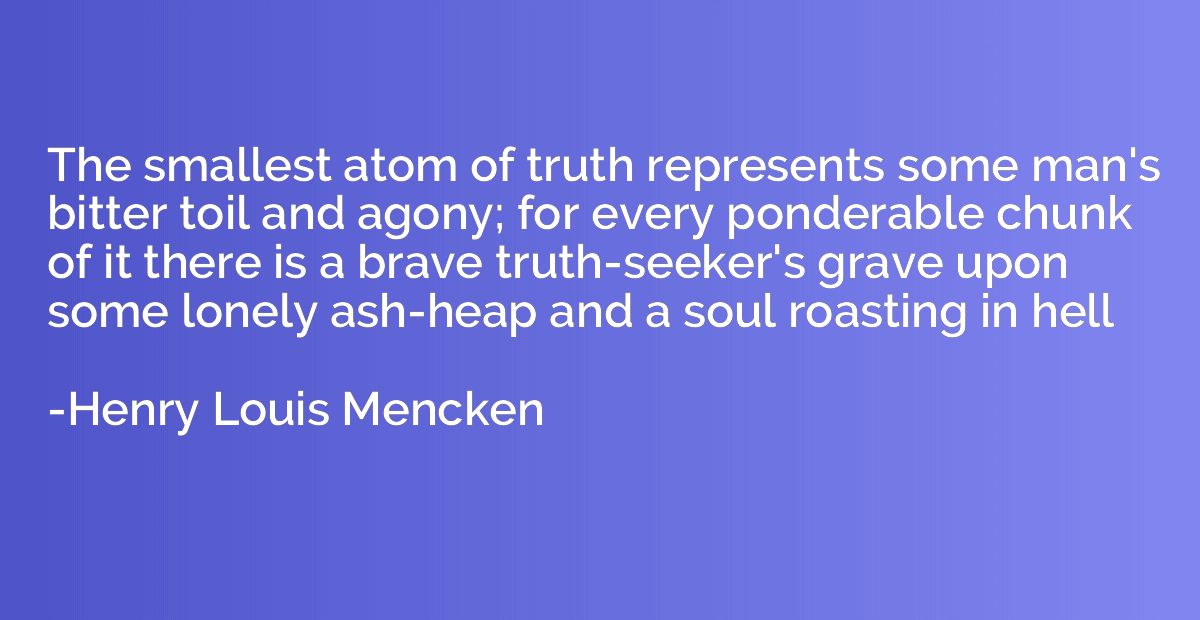
Summary
This quote highlights the value and significance of every bit of truth that exists. It suggests that each piece of truth we discover is a result of someone's intense effort and suffering. Every breakthrough represents the hard work of a dedicated truth-seeker, often overlooked and unrecognized. The reference to ash-heaps and souls roasting in hell metaphorically emphasizes the sacrifices and struggles endured in the pursuit of truth. Ultimately, this quote emphasizes the importance of cherishing and respecting truth and the relentless pursuit undertaken by those who seek it.




